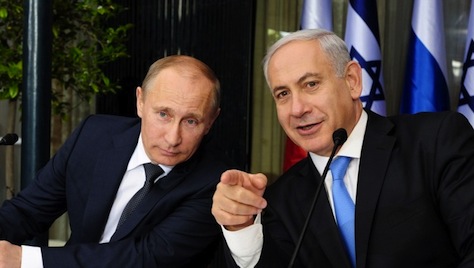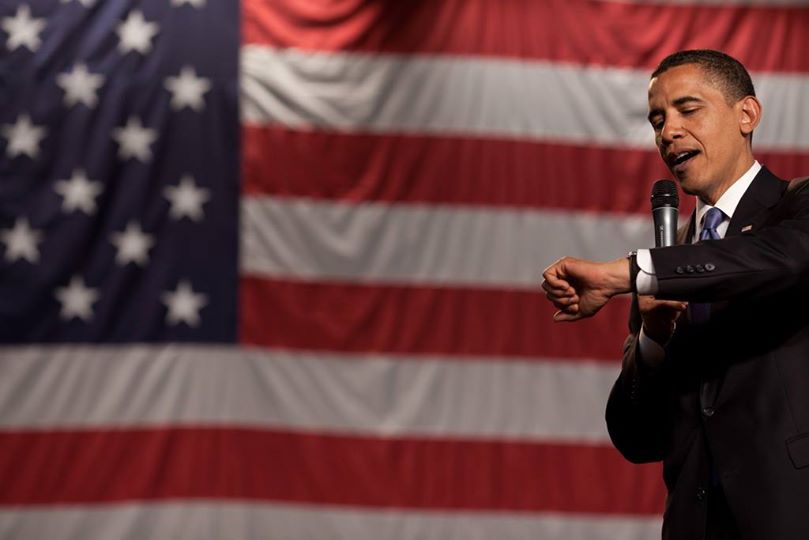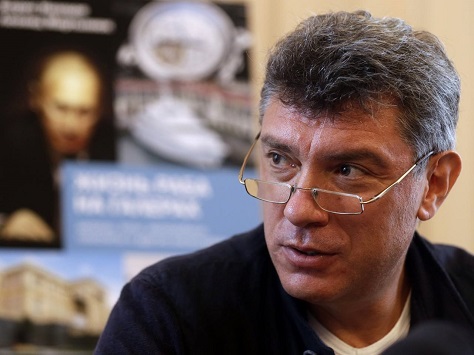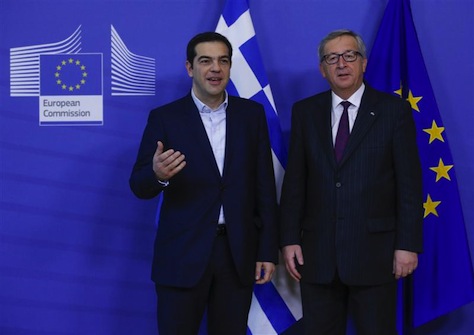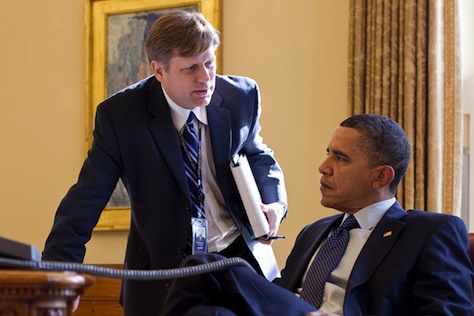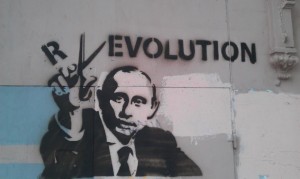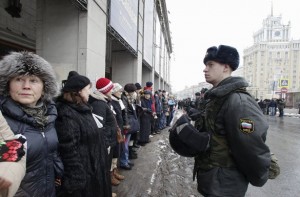
He’s served as the Kremlin’s man in Washington since 2008.![]()
![]()
But only now has Sergey Kislyak, the low-key Russian ambassador to the United States, started making headlines as the person no one in the Trump administration seems to remember meeting.
It’s not a crime for a sitting US senator to meet with the ambassador of a country that sits on the UN security council, even one that’s sometimes , like Russia. It might not even, as a technical matter, be perjury, that US attorney general Jeff Sessions ‘forgot’ about the two conversations he is now reported to have had with Kislyak in 2016 at the height of the presidential election campaign.
So who is the old Russian hand at the center of a controversy that’s already claimed the resignation of Mike Flynn, the retired general who is no longer national security advisor, and might claim Sessions as well?
Kislyak is a longtime career diplomat who speaks fluent English and French. In contrast to Russia’s long-serving foreign minister Sergey Lavrov, the burlier and less polished Kislyak mostly avoids the spotlight. If reports are true, Kislyak is already a lame-duck ambassador — Moscow is reportedly readying a more hard-line figure, deputy prime minister Anatoly Antonov, to replace Kislyak.
One of the mysteries of the current brouhaha over the Trump campaign’s ties to Kremlin officials is the disconnect in December between Kislyak’s initial anger over the outgoing Obama administration’s additional sanctions (related to increasing indications that Russia attempted to use cybertricks to interfere with the US election) and the Kremlin’s more relaxed response a day later — after nearly a half-dozen calls between Flynn and Kislyak:
The concerns about the contacts were cemented by a series of phone calls between Mr. Kislyak and Michael T. Flynn, who had been poised to become Mr. Trump’s national security adviser. The calls began on Dec. 29, shortly after Mr. Kislyak was summoned to the State Department and informed that, in retaliation for Russian election meddling, the United States was expelling 35 suspected Russian intelligence operatives and imposing other sanctions. Mr. Kislyak was irate and threatened a forceful Russia response, according to people familiar with the exchange.
But a day later, Mr. Putin said his government would not retaliate, prompting a Twitter post from Mr. Trump praising the Russian president — and puzzling Obama White House officials. On Jan. 2, administration officials learned that Mr. Kislyak — after leaving the State Department meeting — called Mr. Flynn, and that the two talked multiple times in the 36 hours that followed. American intelligence agencies routinely wiretap the phones of Russian diplomats, and transcripts of the calls showed that Mr. Flynn urged the Russians not to respond, saying relations would improve once Mr. Trump was in office, according to multiple current and former officials.
So who is Kislyak and how did he come to be the Kremlin’s envoy to Washington for a decade?
Continue reading Low-key Kislyak lies at the heart of Trump’s ongoing Russia mystery
